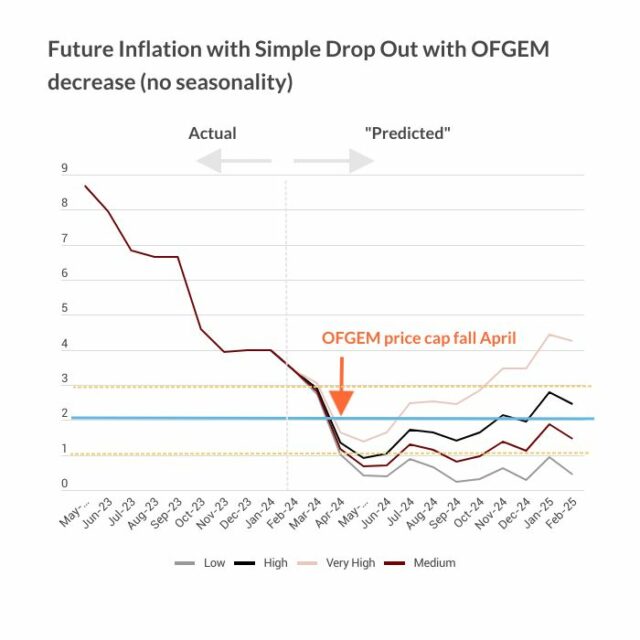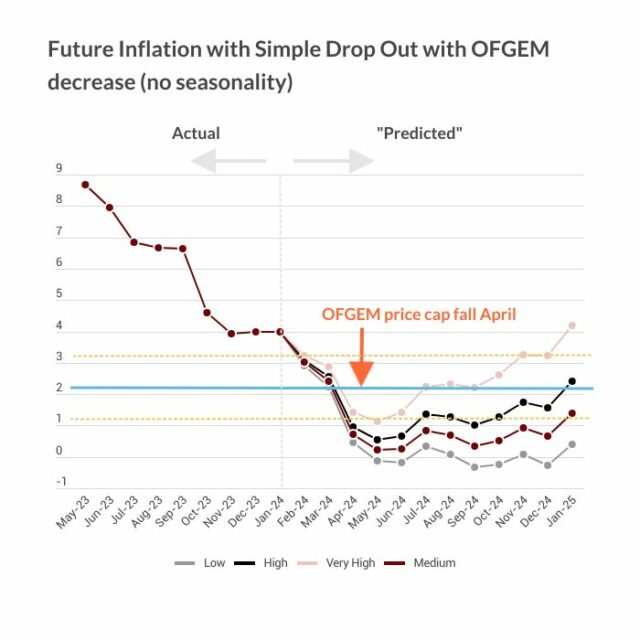- Home
- Publications
- Nominal GDP Growth Indexed Bonds: Business Cycle And Welfare Effects Within The Framework Of New Keynesian DSGE Model
Nominal GDP Growth Indexed Bonds: Business Cycle and Welfare Effects Within the Framework of New Keynesian DSGE Model
 Pub. Date
Pub. Date
 Pub. Type
Pub. Type

External Authors

Kwon, Y
Related Themes
Macro-Economic Modelling and ForecastingJEL Code
E62, E63, H63
Paper Category Number
504
We examine the welfare effects of GDP-indexed bonds in a New Keynesian DSGE model. We add to a literature showing that the issuance of GDP-indexed bond may help stabilise public debt and so give more room for countercyclical fiscal policy, by conducting a careful general equilibrium welfare analysis. In a standard DSGE models, where Ricardian equivalence holds, household welfare is immune to the source of government financing. We examine how GDP-indexed bonds, rather than nominal bonds, affect welfare when Ricardian equivalence does not hold. Specifically, we add “hand-to-mouth” households (Galí et al., 2007), distortionary income taxes that fund debt, and Epstein and Zin (1989) type recursive preference to the most widely used medium scale model of Smets and Wouters (2007). The results show when the fiscal authority tries to stabilise debt, GDP-indexed bonds can significantly increase the welfare of the hand-to-mouse households by stabilising their consumption and labour supply responses to fiscal consolidations compared to a case involving nominal debt alone.
Related Blog Posts



What is the Current State of the UK Economy?
Paula Bejarano Carbo
Stephen Millard
26 Feb 2024
7 min read

Related Projects
Related News


Why it’s not worth worrying that the UK has technically entered a recession
26 Feb 2024
4 min read

1.2 million UK Households Insolvent This Year as a Direct Result of Higher Mortgage Repayments
22 Jun 2023
2 min read

The Key Steps to Ensuring Normal Service is Quickly Resumed in the Economy
13 Feb 2023
4 min read
Related Publications
Recessionary Pressures Receding in the Rearview Mirror as UK Economy Gains Momentum
12 Apr 2024
GDP Trackers

The Nature of the Inflationary Surprise in Europe and the USA
21 Mar 2024
Discussion Papers
Related events

Summer 2023 Economic Forum

Spring 2023 Economic Forum

Winter 2023 Economic Forum

Autumn 2022 Economic Forum

Summer 2022 Economic Forum

Spring 2022 Economic Forum

Winter 2022 Economic Forum

Autumn 2021 Economic Forum





